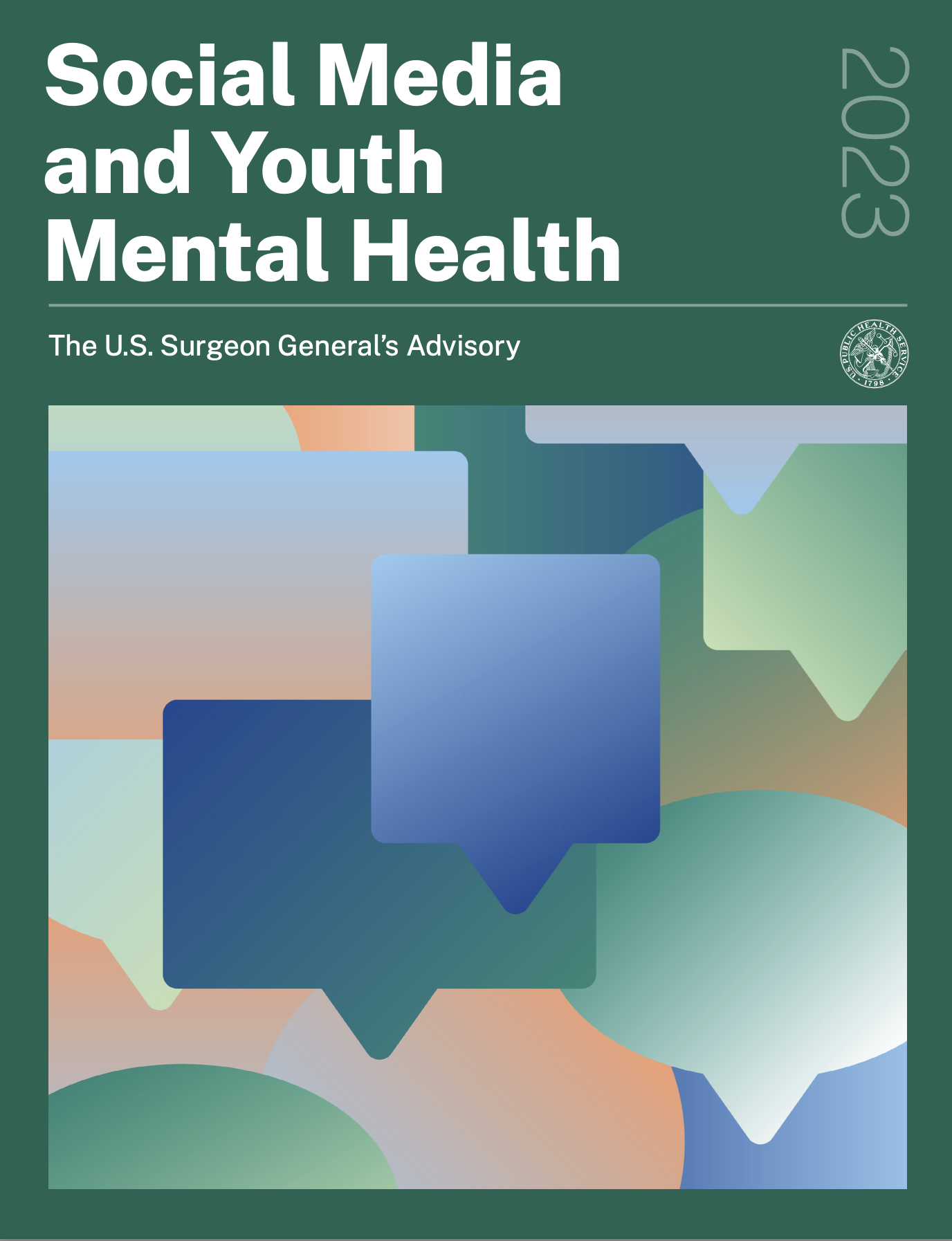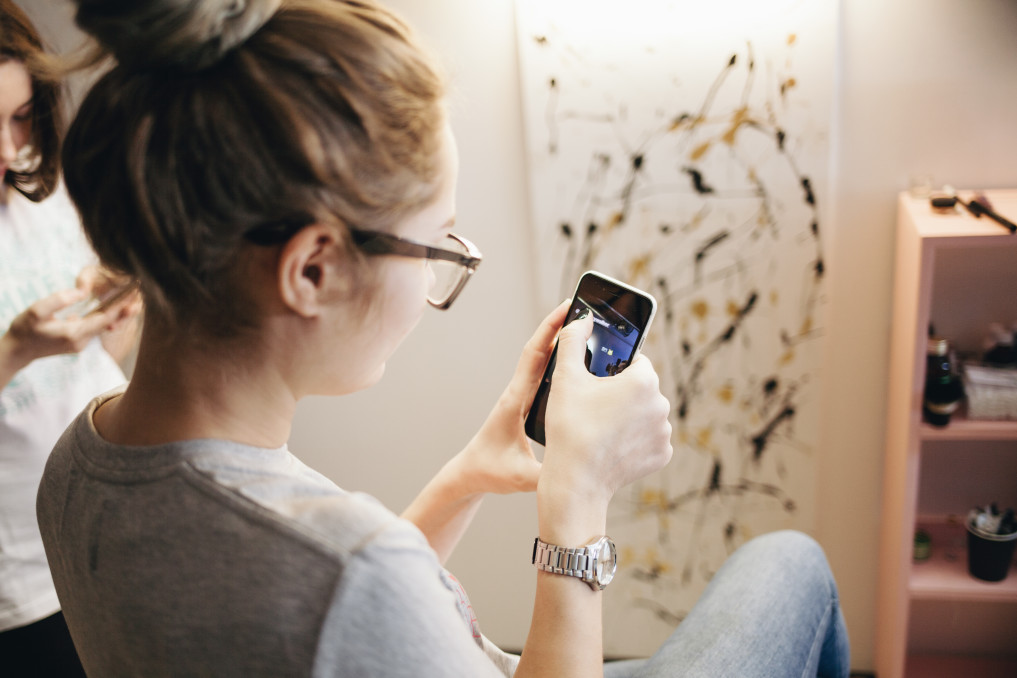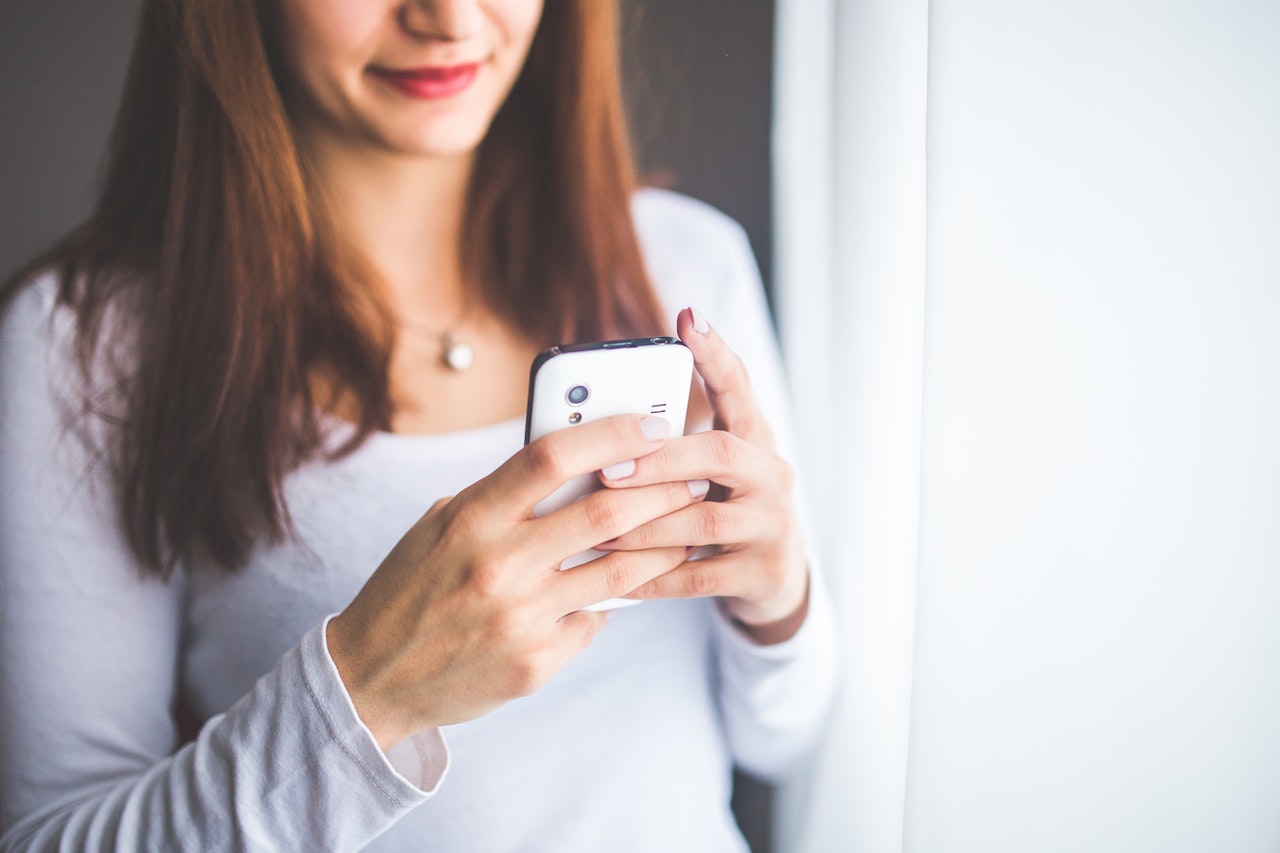 An Advisory from U.S. Surgeon General Vivek Murthy calls attention to the growing concerns about the effects of social media on youth mental health, concluding that while social media offers some benefits, there are “ample indicators that social media could also harm children’s well-being.”
An Advisory from U.S. Surgeon General Vivek Murthy calls attention to the growing concerns about the effects of social media on youth mental health, concluding that while social media offers some benefits, there are “ample indicators that social media could also harm children’s well-being.”
According to the advisory report, Social Media and Youth Mental Health, social media use may cause and perpetuate body image issues, affect eating behaviors and sleep quality, and lead to social comparison and low self-esteem, especially among adolescent girls. Adolescents who spend more than three hours per day on social media face double their risk of experiencing poor mental health outcomes.
Key Takeaways from the Report
Social media use by young people is nearly universal
Up to 95% of young people aged 13-17 report using a social media platform. Nearly two thirds of teenagers report using social media every day and one third report using social media “almost constantly.”
Social media presents a meaningful risk of harm to youth, while also providing benefits
The types of use and content children and adolescents are exposed to pose mental health concerns. Children and adolescents who spend more than 3 hours a day on social media face double the risk of mental health problems including experiencing symptoms of depression and anxiety.3 This is concerning as a recent survey showed that teenagers spend an average of 3.5 hours a day on social media.4 And when asked about the impact of social media on their body image, 46% of adolescents aged 13-17 said social media makes them feel worse.5
We cannot conclude that social media is sufficiently safe for children and adolescents
We have gaps in our full understanding of the mental health impacts posed by social media but at this point cannot conclude it is sufficiently safe for children and adolescents. We must better understand the answers to key questions, such as, which types of content are most harmful and what factors can protect young people from the negative effects of social media.
We can take immediate actions to make social media safer for youth
The Surgeon General’s Advisory on Social Media and Youth Mental Health calls for engaging in a multifaceted effort to maximize the benefits and reduce the risk of harm posed by social media with actions suggested for groups including: children and adolescents, policymakers, technology companies, researchers, and families.
Download a PDF of the 19-page advisory.
Source: US Department of Health and Human Services | Social Media and Youth Mental Health, https://www.hhs.gov/surgeongeneral/priorities/youth-mental-health/social-media/index.html | Public domain. Retrieved May 2023.
A screening can help you determine if you or someone you care about should contact a mental health professional. CHC teletherapy services are available now. Call or email our Care Coordinators at 650.688.3625 or careteam@stage.chconline.org to set up a free 30-minute consultation.





